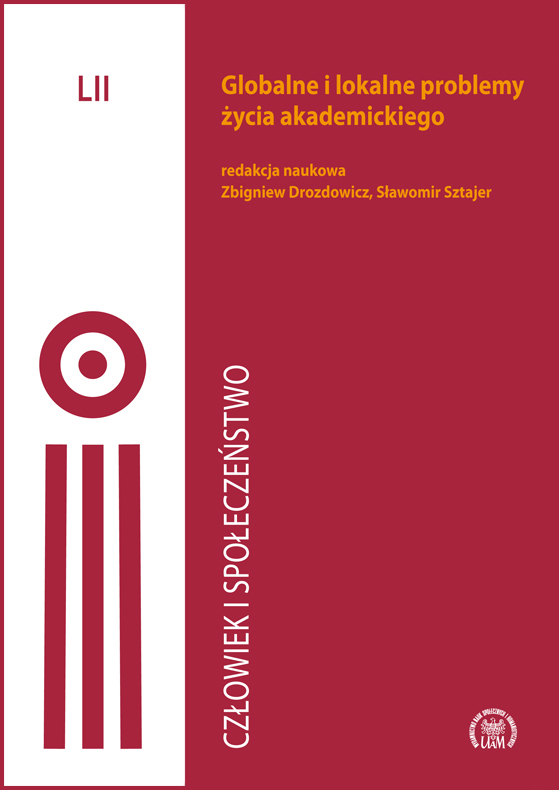Plato, Moses Mendelssohn, Jakub Tugendhold and Plato’s “Phaedo”

A paper on a metamorphosis of Plato’s Phaedo, from its original form through Moses Mendelssohn’s (1729-1786) Phädon to its Polish translation by Jakub Tugendhold (1794-1871), was published in a journal of Adam Mickiewicz University in Poznań, “Człowiek i Społeczeństwo”.
Tomasz Mróz in his paper discusses M. Mendelssohn’s work Phaedo and its Polish translation which was published in 1829 by J. Tugendhold. Although this book did not exert impact on Polish philosophy, Tugendhold, the translator, aimed to use Mendelssohn’s biography and his Phaedo as an instructive example for those representatives of Jewish community who wanted to free themselves from isolation and undergo social and economic, though not religious, assimilation into their Polish and Christian surrounding.
A brief comparison of Plato’s and Mendelssohn’s Phaedos was included in this paper. Polish translator’s aims were also discussed, for his target audience was Jewish community in Polish society. Tugendhold was the adherent of haskalah and he spared no effort to improve the existence of his compatriots and to inspire them to join in modern societies without losing their religious autonomy.
Philosophical content of the Phaedo, the arguments on the immortality of the soul, in both versions, Plato’s and Mendelssohn’s, reinforced Tugendhold’s views, as they were the example of the fact that Judaism and Christianity, not to mention Plato, are ultimately based on the same belief, on the immortality of the soul.
Full paper, in Polish, can be downloaded from the journal’s website.
Recent commentaries